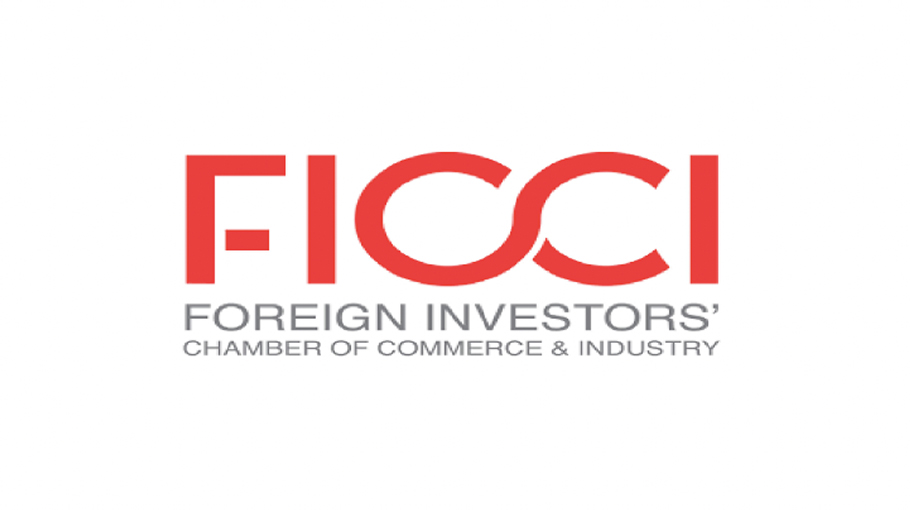
DHAKA, June 10, 2024 (BSS) - Foreign Investors' Chamber of Commerce and
Industry (FICCI) appreciated the proposed national budget for FY25, aimed at
supporting the economy amidst challenges.
With a budget size of Taka 7,97,000 crore, constituting 14.2 percent of GDP,
the government targets 6.75 percent GDP growth and 6.5 percent inflation for
2024-2025.
FICCI sees these targets as ambitious, but achievable with an effective
execution plan. The proposed reforms, especially in Income Tax and Customs
aim to enhance revenue, reduce deficits, and enhance investor confidence.
These observations were made by Zaved Akhtar, president of the FICCI, at a
post-budget press meet held today at a city hotel, said a press release.
The chamber welcomed few proposals as presented in the Finance Bill, but
expressed concerns over the extra duty and tax imposed on telecom, carbonated
beverages water purifiers as the increased tax for manufacturers poses a
crucial challenge to the profitability and viability of these businesses and
will hamper attracting potential foreign direct investment (FDI).
FICCI also expected focus on financial sector reform, critical for a strong
and resilient financial system.
Stakeholders, including FICCI, highlight Bangladesh's low revenue-to-GDP
ratio, urging the need for improvement.
According to Household Income and Expenditure Survey (HIES), 10 percent of
the population contributes to 40 percent of national income, but according to
the National Board of Revenue (NBR), Bangladesh has only 10 million
registered taxpayers, still a far cry from brining people within the tax net.
While the government works towards this, results are awaited, FICCI suggested
innovative approaches, such as sector-wise revenue analysis and increasing
the taxpayer base.
FICCI also welcomed the acceptance of their proposed amendments in the
Finance Bill 2024, particularly the prospective tax rate, fulfilling a long-
standing demand from the business community. Maintaining these rates will
enable businesses to plan and invest effectively.
Additionally, FICCI expressed gratitude for the acceptance of their proposed
amendment simplifying tax deduction at source for industrial raw materials.
The extension of time for monthly withholding tax return submission is also
crucial, accepted through the Finance Bill 2024.
FICCI appreciated tax reforms in the proposed 2024-2025 budget to simplify
the tax system. But, high Effective Tax Rates (ETR) remains a key concern for
the industry.
While they appreciated the 15 percent income tax rate for private funds, they
note concerns about exempting public funds from taxation, creating
disparities between government and private sector employees.
Projections indicate an expected GDP growth rise by +93 basis points and a
decrease in inflation by +150 basis points.
Detailed implications of deficit financing, such as potential higher interest
rates and the need for a balanced approach to ensure fiscal stability, are
crucial. The removal of incentives from private EZs and high-tech park while
keeping incentives for government EZs may erode investor confidence, it said.
The FICCI said NBR has proposed an increase in personal income tax rate while
this measure may be seen as unfair by regular taxpayers and could
inadvertently encourage tax evasion.
Such changes in tax slab will discourage compliant taxpayers as they are
being penalized for their hard earned, also making this retrospective is
against NBR's current policy of predictive tax culture hence recommended to
restate last year rate to be applicable for FY 2024-25.
The principle of reducing tax rates while widening the tax net aims to create
a fairer and more efficient tax system. This encourages compliance, increases
taxpayers, boosts economic growth, ensures fairer tax distribution, and
simplifies tax administration, leading to more stable and predictable tax
revenue.
The FICCI raised concerns about the achievability of the revenue collection
target as the NBR aims to achieve Taka 4,80,000 crore revenue, 60 percent of
the proposed budget.
The proposed budget lacks allocation or guidance for automating Tax, VAT, and
customs administration, which would simplify tax collection and enhance
efficiency, it noted.
Without these reforms, VAT credit complexities and financial strain on
businesses may persist. Changes in TDS compliance, like including entities
above Taka 10 crore under withholding authority, are crucial.
Initiatives for digital tax integration aim to simplify and increase
transparency in the tax process. These reforms, such as merging the three
wings of NBR (Income Tax, VAT & Customs), separating the Collection
Department from the Policy Department, and implementing the National Single
Window (NSW) project, will help enforce the law properly.
These reforms are necessary to streamline Tax & VAT processes, reduce
administrative burdens, improve productivity, and encourage compliance to
support economic growth.